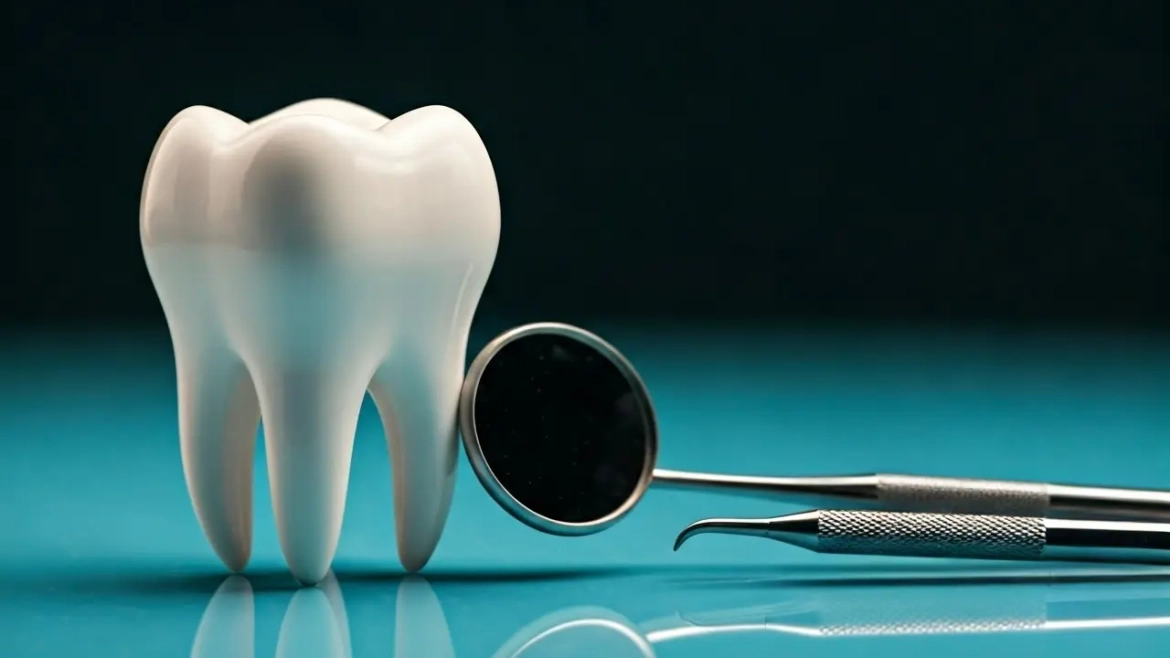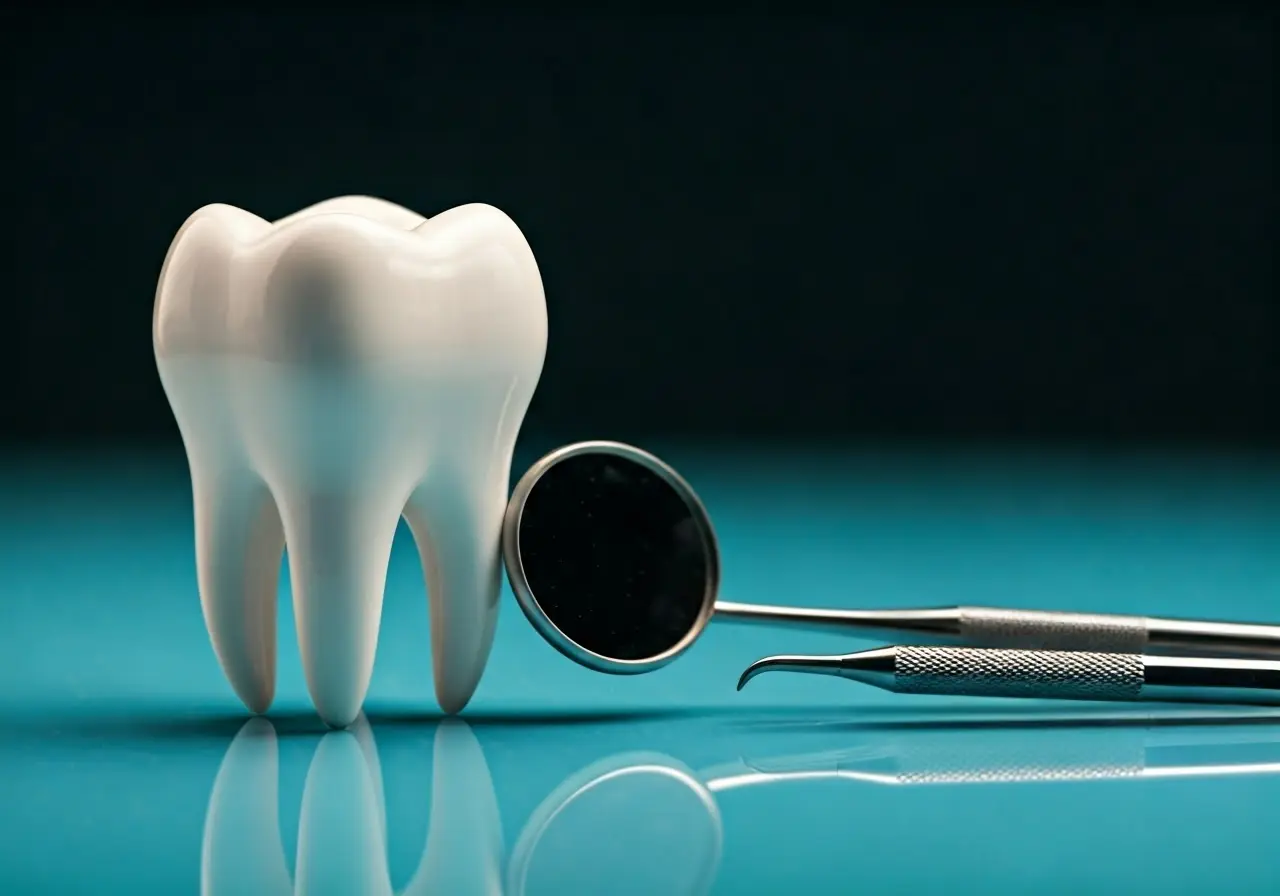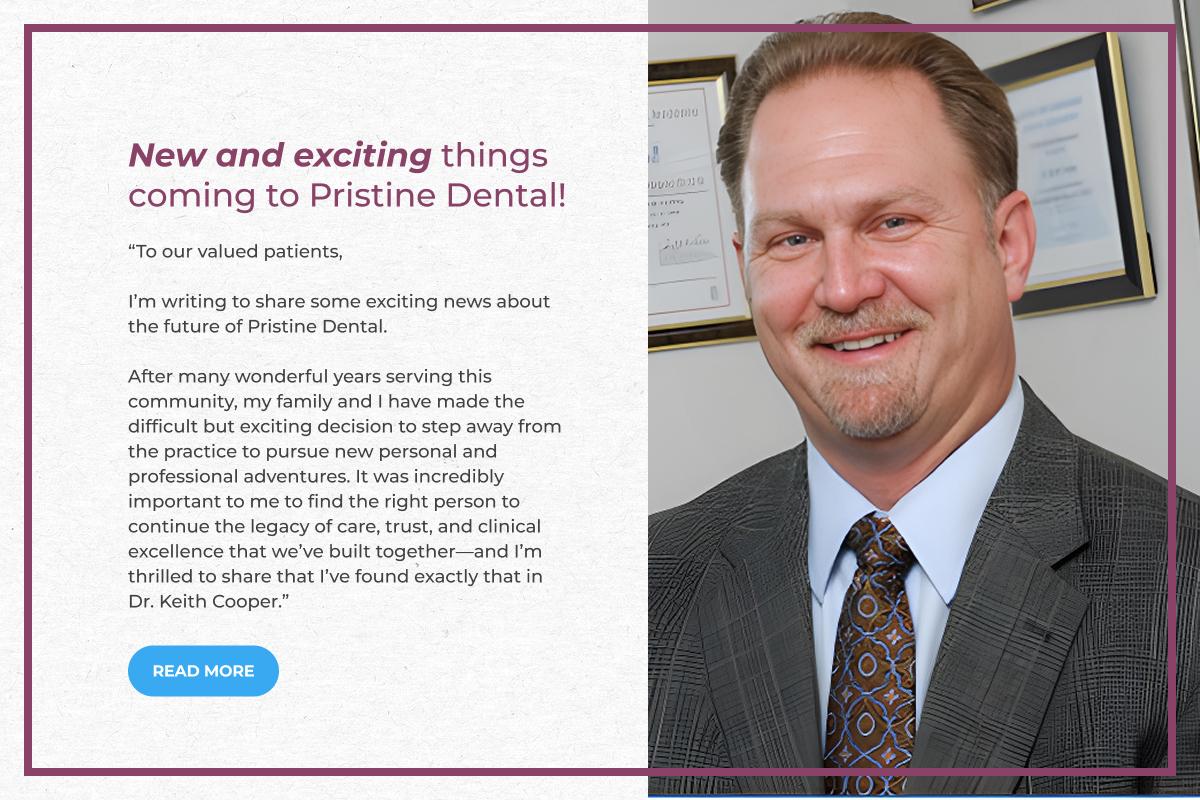A healthy smile is more than just an aesthetic attribute—it is a vital part of overall health. In the East Valley, understanding the role of oral pathology is key to maintaining not just a beautiful smile, but a healthy one. This field of dentistry focuses on diagnosing and treating diseases that affect our oral health. But what exactly is oral pathology, and why is it so crucial?
Understanding Oral Pathology
Oral pathology might seem like a complex term, but it simply refers to the study of diseases within the oral cavity. Pathologists diagnose conditions ranging from benign cysts to more severe diseases that might affect the teeth, gums, and the entire mouth. This branch of dental science is the cornerstone of identifying abnormalities that could potentially indicate more serious health issues. With today’s advanced diagnostic techniques, oral pathologists are able to detect diseases that were once difficult to identify at an early stage. Understanding the intricate relations between different components of the mouth helps in pinpointing exact causes and developing effective treatment plans.
The importance of oral pathology cannot be overstated. This discipline serves as a bridge between oral health and general health, unveiling hidden conditions that could otherwise go unnoticed. Through thorough evaluation and systematic examination, it helps in the early detection of dental issues. Oral pathologists not only examine the visible parts of the oral cavity, but they also focus on less accessible areas which are prone to complex diseases. This comprehensive approach ensures that patients receive timely interventions, thus maintaining oral hygiene and overall well-being of the individual.
Common Oral Pathological Conditions
Various conditions are commonly diagnosed and treated within this field. These include oral cancers, infections, salivary gland disorders, and lesions. Recognizing the symptoms early can significantly impact treatment outcomes. For example, oral cancer often presents as persistent sores, lumps, or difficulty in chewing, which should not be ignored. An intriguing aspect here is that oral pathological conditions often serve as a window into broader systemic health issues. Pathologists frequently notice that symptoms indicating gum disease or lesions could sometimes point towards more extensive conditions such as diabetes or other immune system disorders.
Oral pathology also includes viral infections like herpes and fungal infections such as candidiasis, which can have broader health implications if left untreated. Conditions like leukoplakia—characterized by white patches in the mouth—can sometimes progress into cancer if not monitored carefully. This highlights the need for regular screenings and early interventions. Additionally, pathologists deal with developmental abnormalities and genetic disorders that might manifest within the oral tissues. Each of these conditions requires a tailored approach, emphasizing the critical role of specialized knowledge in effective diagnosis and care.
Salivary gland disorders are another key area of concern within oral pathology. These can lead to issues like dry mouth, which affects digestion and oral comfort. Disorders affecting salivary glands might appear trivial initially but can drastically impact one’s quality of life over time. Pathologists conduct various diagnostic tests to understand these conditions, enabling them to formulate appropriate treatment plans. Furthermore, they work alongside other healthcare providers to ensure that any underlying health problems contributing to these oral issues are adequately addressed and managed.
The Role of Oral Pathologists in Dental Health
Oral pathologists play a pivotal role by working closely alongside dentists to ensure comprehensive dental care. Their expertise helps identify diseases at an early stage, allowing for more effective treatment options and improved patient outcomes. In the East Valley, these specialists are integral to a holistic approach to dental health, where collaboration between various dental experts ensures the most comprehensive care. The role of the oral pathologist extends beyond mere diagnostics; they contribute to developing preventive strategies that mitigate the progression of oral diseases before they escalate into more complex health concerns.
The collaborative efforts between oral pathologists and other dental professionals paint a robust picture of dentistry as a multidisciplinary field. By utilizing advanced diagnostic equipment and techniques, oral pathologists are able to provide detailed insights that enhance the overall treatment strategy. This symbiosis is particularly evident in complex cases where identification of less obvious symptoms can significantly alter the course of treatment. They have an uncanny ability to perceive subtle signs that might indicate the onset of potentially serious oral conditions, thus offering invaluable support in preventive oral healthcare.
How Oral Pathology Impacts Overall Health
Oral health is closely linked to overall health. Diseases in the oral cavity can sometimes be indicators of systemic conditions. This makes regular check-ups and assessments by oral pathologists an essential part of maintaining holistic health. Many people are astonished to learn that poor oral health has been associated with a range of systemic diseases, such as cardiovascular disease and respiratory infections. Researchers have found correlations between bacterial infections in the mouth and these systemic issues, stressing the importance of integrated health checks that include an oral health component.
The interconnectivity between oral diseases and systemic health is a burgeoning area of research. Conditions such as periodontitis have been linked to an increased risk of head and neck cancers. Understanding these connections can guide holistic treatment approaches that consider both oral and general health outcomes. For instance, addressing gum diseases proactively can prevent the escalation of other health risks linked to inflammation. The tissue integrity of the oral cavity is a reflection of the body’s overall immune status, which makes maintaining oral health crucial.
Promoting Awareness and Regular Check-ups
In the East Valley, there’s a growing awareness about the importance of regular dental visits and screenings. By promoting oral health awareness, community members are better equipped to maintain their dental health and, by extension, their overall well-being. Educational campaigns and community health events focused on oral hygiene innovations have made a significant impact. People are gradually beginning to understand that maintaining good oral hygiene is a preventive measure against a myriad of health issues. By advocating for regular check-ups, dental professionals in the region emphasize early detection as a key strategy in effective health management.
Schools and local organizations play a crucial role in spreading awareness about oral health. Initiatives such as school dental screenings and workshops on the importance of oral hygiene encourage community involvement. These programs are designed to educate people about the importance of safeguarding their smiles through regular preventative care. With enhanced awareness, residents of the East Valley are taking more proactive steps towards integrating regular dental assessments into their healthcare routines. This cultural shift within the community underscores the significance of oral pathology in fostering understanding and good practices from an early age.
Ensuring a Lifelong Healthy Smile Through Oral Pathology
Oral pathology plays a vital role in ensuring our smiles stay healthy and vibrant. By understanding and addressing potential issues before they become serious, oral pathologists in the East Valley help us maintain not only our dental health but also our overall well-being. It is a field that truly stands at the frontline of preventive dental care.



